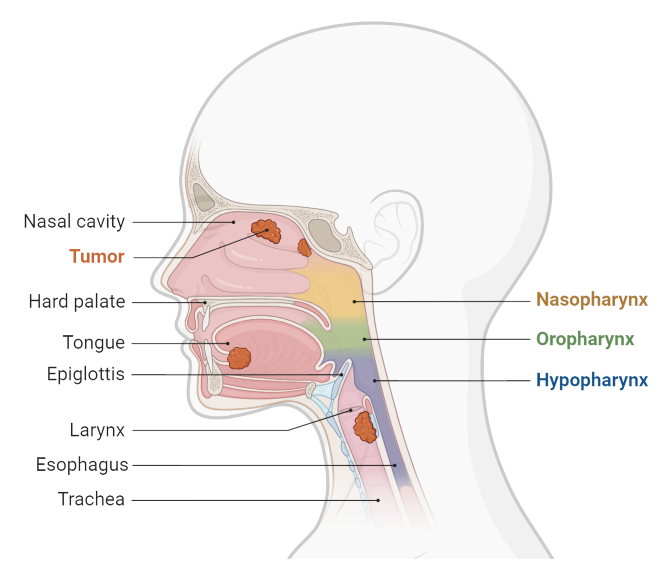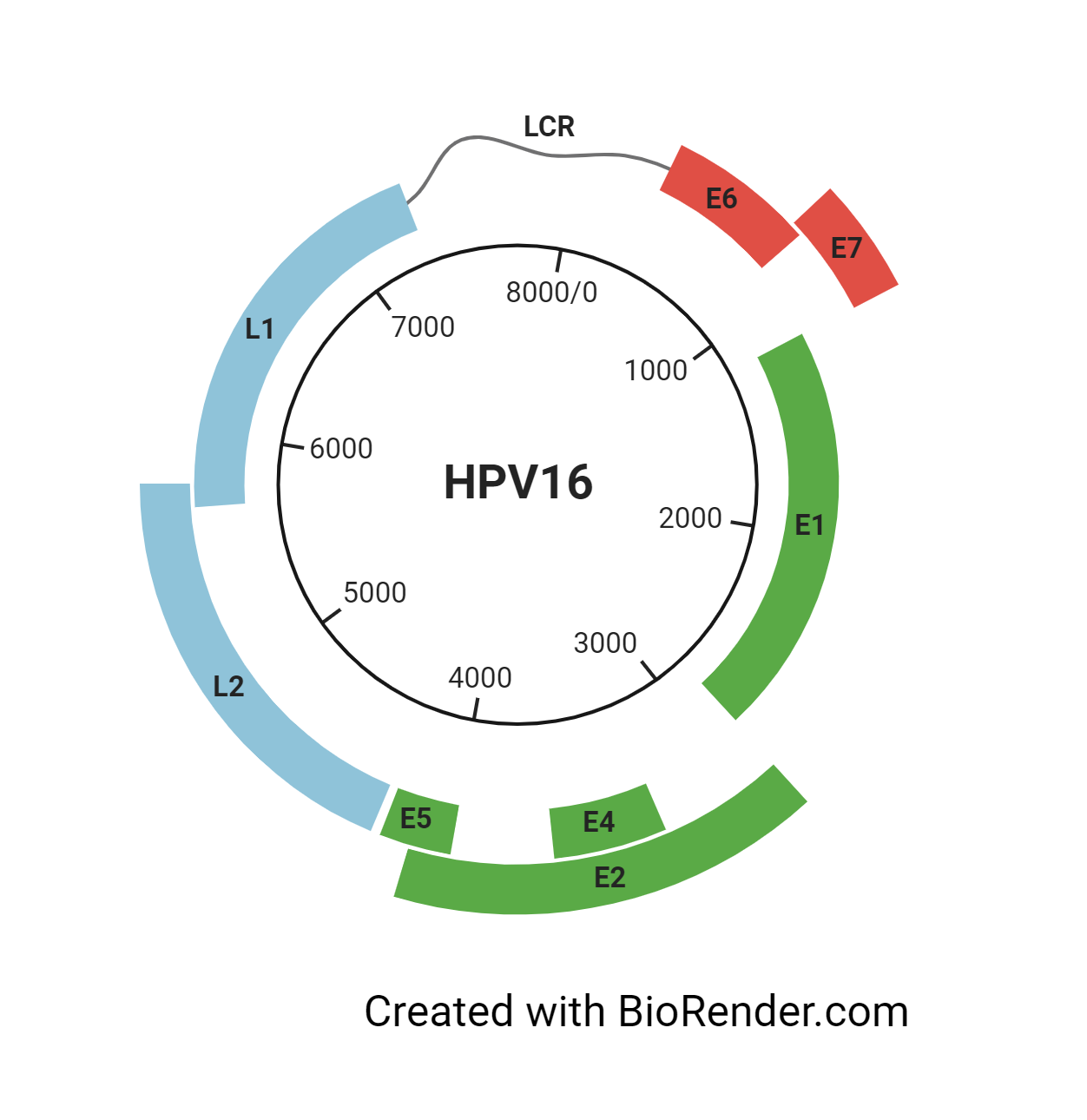Gaykalova Lab – Translational Epigenetic Research in Head and Neck Cancer
Welcome to the Gaykalova Lab, a dynamic and collaborative translational research group dedicated to unraveling the epigenetic mechanisms underlying head and neck cancer, a profound and widespread disease with about 600,000 new cases per year worldwide. With a dedication to scientific excellence, we employ state-of-the-art epigenetic techniques to unravel the intricate molecular mechanisms driving this cancer. Our goal is to identify novel therapeutic targets that can transform the landscape of head and neck cancer treatment.
Vision:
Our lab will excel in educating and training graduate and undergraduate students, rich in diversity and inclusion, while conducting research that improves the mortality and morbidity of HNSCC patients. By unraveling the complexities of the disease at the molecular level, we aim to make significant strides in developing more effective and targeted therapies.
Mission:
Our core focus revolves around improving the current knowledge of head and neck cancer. We are committed to pushing the boundaries of scientific discovery through cutting-edge epigenetic research. Our lab primarily studies head and neck squamous cell carcinoma (HNSCC), specifically focusing on HPV-positive oropharyngeal cancer and HPV-negative oral squamous cell carcinoma, as well as other etiologically similar cancers such as lung and cervical squamous cell carcinoma (SCC). We are dedicated to analyzing the deformation of chromatin structure during cancer initiation and development, defining the role of regulatory elements like enhancers on gene expression regulation, and investigating genetic abnormalities such as HPV integration or mutation accumulation. Additionally, we pay particular attention to the role of epigenetic structures in canonical and alternative splicing in cancer samples.
Research Approach:
Cutting-Edge Epigenetic Techniques: We leverage advanced epigenetic techniques to delve deep into the molecular intricacies of head and neck cancer. This includes exploring how epigenetic changes, including DNA methylation and chromatin remodeling, influence gene expression and alternative splicing variants during the initiation and progression of head and neck cancer.
Understanding Mutations and Cancer-Specific Proteins: Through rigorous experimentation and analysis, we strive to identify novel therapeutic targets. We explore how epigenetic alterations contribute to the accumulation of mutations and the production of cancer-specific proteins and antigens. This knowledge is crucial for devising targeted therapeutic strategies.
Modulating Cellular and Immunological Functions: By comprehending the intricate interplay between epigenetics and transcription, we aim to identify new therapeutic targets and strategies. Our goal is to modulate the cellular and immunological functions of cancer cells for more effective treatment outcomes.
In addition to our core research, we actively contribute to:
Smoking Cessation and HPV Vaccination Efforts: Addressing significant risk factors for head and neck cancer by advancing smoking cessation programs and promoting HPV vaccination.
Translational Impact:
Our goal is to translate our epigenetic discoveries into clinical practice. We aspire to improve patient outcomes and enhance the quality of life for those affected by head and neck cancer.


